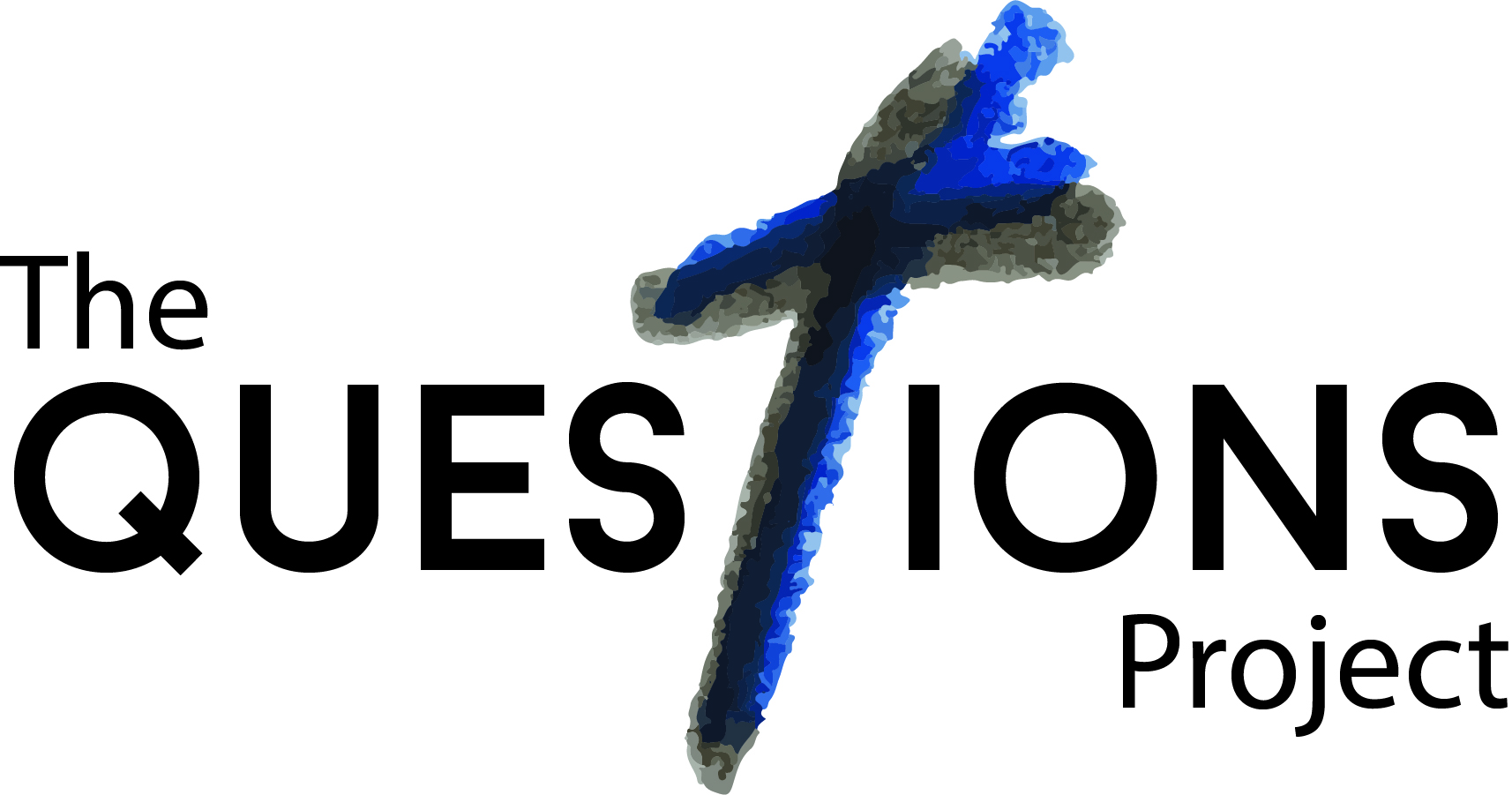
Will the vaccine work? Will it be safe? Even as we head into the holidays under renewed restrictions, we are wondering whether or not we should trust the new COVID vaccines. Is it wise for me to take the shot? Will I regret it if I don’t?
These nine months of pandemic have pushed us into extreme, unfamiliar territory. We are all becoming specialists in risk management, attuned to danger and calculating the odds against us with each human encounter. Even without the added stress of a new, infectious virus, a “normal” life, of course, means making choices– weighing the potential value and cost of one option against another. But the arrival of COVID has, not surprisingly, skewed our attention and energy toward one singular goal— safety. Our obsession with infection rates, hospitalization rates, death rates, mask-wearing, social distancing, all work together to produce a swirl of diverse attempts to reduce risk (as evidenced by the myriad rules and regulations in each state and in affected countries around the world).
Obviously, these efforts to keep people safe are important and a sign of care. Like many of you, I imagine, I observe the standard precautions and affirm that we should all do what we can to protect ourselves and one another from harm in this precarious time. Certainly, some among us are at higher risk than others and merit added wariness.
We were taken unawares by COVID. We felt sure, in the beginning, that restrictions would likely be short-lived. But the threat of infection seems unrelenting. Our new patterns of isolation have dragged on for the better part of a year now, with no obvious end in sight. We have new habits, new ways of moving in the world. And we know that our habits can powerfully shape us—not just bodily habits, like diet and exercise. Repeated, familiar patterns of emotional response, especially when we are anxious, can powerfully determine how we see the world and navigate within it.
With smartphones in hand, pre-COVID, we had already grown accustomed to looking away from one another and to finding ways to substitute digital conversation for human encounter. Now, even as we reasonably seek safety and health, our new patterns may be training us to turn anxious avoidance into an established habit, and to not merely disengage from one another, but to approach one each other with fear or mistrust.
In reflecting on this current, ambient passion for safety and for eliminating risk, I have been remembering how I parented my children when they were young. As a Mom, I fiercely protected my children. My protectiveness was a potent and practical sign of my love. I babyproofed the house; strapped them into car seats; took them on well visits; made them hold my hand in parking lots… I remember in one of the early visits to the pediatrician, the doctor put my daughter on her stomach and watched her lift her head. “Put her on her stomach more,” the doctor said. ‘Her neck muscles need to develop strength.” The truth was, I hardly ever put my daughter on her stomach, because she cried when I did. (probably because it was difficult for her to hold up her head!) That was the first of many experiences as a mother when I learned that there were times when my natural impulse to protect my children from challenge might not be what was actually best for them.
Although it may be surprising, the most important stories told in Scripture– the ones that give us potent models of what it might look like to belong to God– are about moving people out of the places and situations where they feel safe and protected and asking them to move forward through uncertainty. (This is basically what faith is about—not about believing certain doctrines.) I don’t mean to suggest that God asks people to behave foolishly or demands that they deliberately risk pain and illness. But the Bible is abundantly clear that God is looking for people who are willing to live a life that involves risk. Whether the people of God are tromping through the wilderness, as in the story of Exodus, or following Jesus around the countryside, they are asked to practice the art of living courageously.
I learned the hard way with my own children (and, truthfully, through my own experiences,) that safety and comfort are not the most important values in life. There are obviously times when it is important to hide or to seek refuge from danger. There are also times when risk is the better choice. Each of us, of course, must make these decisions for ourselves, within the context of our own lives. But if we develop a habit of choosing safety and comfort over risk, we may be training ourselves to become incapable of choosing otherwise. Just as my daughter’s neck muscles were starved of the opportunity to grow stronger through use, our commitment to fullness of life might need more exercise than we are giving it.
A vaccine works on the same principle as working a muscle—it strengthens the body’s capability through challenge. Our bodies and our spirits seem to be created to thrive and grow in this same way, to develop strength and health by struggling with things we’d rather avoid.
As social creatures, often the greatest risk human beings can take is being in real relationship with one another. Not surprisingly, that’s the primary challenge that God gives to us as people of faith. It takes courage and a willingness to be vulnerable. There is no distancing from it. There is no masking or turning away from it. There is no isolating from it.
Pay attention to the ways your new habits may be forming your spirit. God never says to his people, “Choose safety!” God says to the people, “I set before you death and life. Choose life!”
For Christians, it is worth wondering about those times when choosing safety and certainty and choosing life might not be one and the same.
For more explorations about being human and the Christian life, check out the latest episode of my weekly podcast, “Live Creatively, Friends!”available on all the major podcast platforms. For a brief reflection on human connection during this time of pandemic, watch bridges, an episode in an ongoing series about faith. For notifications of new posts and offerings, sign up here.
